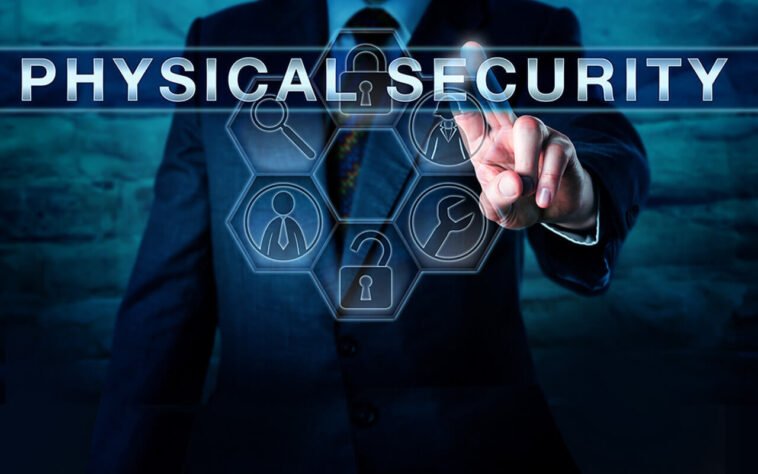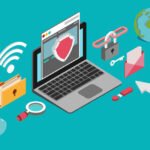In today’s world, physical security is more important than ever. Whether it’s securing your home or your business, taking the necessary precautions to protect your property and assets is essential. This article will explore the importance of physical security and provide strategies for securing your home or business.
Why Physical Security Is Important
Table of Contents
Physical security is crucial because it helps prevent unauthorized access to your property and assets. In today’s digital age, many people focus on cyber threats and neglect the importance of physical security. However, physical security breaches can result in significant financial losses, legal liability, and reputational damage.
In addition to protecting your property and assets, physical security measures can also protect your employees, customers, and visitors. By implementing proper security protocols, you can create a safe environment and reduce the risk of theft, vandalism, and violence.
Strategies for Securing Your Home
Your home is your sanctuary, and it’s essential to take steps to protect it. Here are some strategies for securing your home:
Install a Security System
One of the most effective ways to secure your home is by installing a security system. A security system can include cameras, motion detectors, and alarms. The mere presence of a security system can be a deterrent to would-be intruders.
Secure Your Doors and Windows
Another essential step in securing your home is to ensure that your doors and windows are secure. This can be achieved by installing deadbolts, reinforcing door frames, and using shatterproof glass.
Use Outdoor Lighting
Outdoor lighting can also be an effective way to deter intruders. Install motion-activated lights around the perimeter of your home to illuminate any suspicious activity.
Maintain Your Property
A well-maintained property can also deter intruders. Keep your yard well-groomed, and remove any potential hiding places such as overgrown bushes or trees.
Strategies for Securing Your Business
Securing your business is essential to protect your assets, employees, and customers. Here are some strategies for securing your business:
Conduct a Security Assessment

The first step in securing your business is to conduct a security assessment. This involves identifying potential security risks and vulnerabilities and developing a plan to address them.
Control Access
Controlling access to your business is crucial. This can be achieved by implementing keycard or biometric access systems, installing security cameras, and using security personnel to monitor entrances and exits.
Use Safes and Lockboxes
Safes and lockboxes can also be used to secure valuable assets such as cash, important documents, and sensitive information.
Train Employees
Your employees can also play a vital role in maintaining physical security. It’s essential to train them on proper security protocols, such as how to handle sensitive information and what to do in the event of an emergency.
Read More:Devices for Increasing Security While Traveling
Conclusion
In conclusion, physical security is essential for both homes and businesses. By implementing proper security protocols, you can protect your property, assets, employees, and customers. Strategies for securing your home include installing a security system, securing your doors and windows, using outdoor lighting, and maintaining your property. Strategies for securing your business include conducting a security assessment, controlling access, using safes and lockboxes, and training employees.
FAQs
- What is physical security? Physical security refers to the measures taken to protect physical assets and prevent unauthorized access to them.
- Why is physical security important? Physical security is important because it helps prevent unauthorized access to property and assets, reduces the risk of theft and vandalism, and creates a safe environment for employees, customers, and visitors.
- What are some common physical security measures? Common physical security measures include installing security systems, securing doors and windows, using outdoor lighting, access, using safes and lockboxes, and training employees on proper security protocols.
- How often should a security assessment be conducted? It’s recommended to conduct a security assessment at least once a year, or whenever significant changes occur in the business or property.
- What should be included in a security assessment? A security assessment should include an evaluation of the physical environment, identification of potential security risks and vulnerabilities, and development of a plan to address them. It should also include a review of security policies and procedures, and training of employees on proper security protocols.




